Williams boss James Vowles has outlined how spreading income and expenditure across different currencies has protected the team from the global financial uncertainty created by the recent tariff announcements from Donald Trump.
The United States president doled out higher tariffs on 57 countries on 2 April – ranging from 11% to 50% – before pausing them for all nations except China for at least 90 days, after the financial markets rocked in the wake of the news.
There remains uncertainty as to whether the tariffs will be implemented after the delay, if new numbers will be announced or if countries can strike independent deals to avoid the ramifications that would come with the proposed increases.
Formula 1 would not be immune from the issues that may arise should the tariffs still be rolled out, as discussed on Autosport when Trump first made the announcement.
Vowles, though, was largely unconcerned by potential dangers as he explained how Williams is looking to remain on a firm footing.
“So basically for a team, a lot of your income comes first of all with sponsors or our partners,” he told reporters, including Autosport at the Saudi Arabian Grand Prix.
Donald Trump, 45th President of the United States
Photo by: Alexander Trienitz
“The dollar’s still low. You try and hedge a little bit. So some of the drivers are paid in dollars, some of them paid in euros, for example. Some of your partner income is in dollars, some of your partner income is in euros or some of it in pounds.
“So you can hedge by doing your contracts in a different way. I’m not sure what other teams do. That’s just a clever way of doing it here.
“Probably for us, one of your largest income streams is your FOM income and that is in dollars and that is fixed in dollars. So has that had a hit relative to where we are? Yes – but it’s the sort of thing that I don’t get particularly hung up on.”
Vowles insists Williams does not have to consider tightening the purse-strings in the wake of the Trump administration’s announcement and that, similar to how income and expenditure is paid across different currencies, equipment is also sourced from across the world.
“I think one of the advantages to Williams is we are truly independent, and our holding company Dorilton is truly international in terms of its income streams from all over the world. It’s not reliant on one particular finance structure, which is very useful to us,” he explained.
“So for us at the moment, we had a talk internally and there’s no large impact on either tariffs or on what’s going on with the dollar right now. It’s small numbers.
Matthew Savage, Chairman, Dorilton Capital, Paul Asencio, Chief Revenue Officer, Williams Racing
Photo by: Mark Sutton / Motorsport Images
“It doesn’t help, but it’s small numbers. I think for major manufacturers, they are hurt at the moment because there’s turmoil, or certainly if I took OEMs (original equipment manufacturers) turmoil in terms of who’s buying products, where they’re buying them, and what are the costs of them buying them in the world.
“I don’t know what the future of that is, but I can only speak in part for ourselves, which is that, yes, it’s a pain in the arse, but it hasn’t dramatically affected our day-to-day operation.
“It hasn’t changed our budget. It hasn’t changed our forecast for the next three years or our investment for the next three years.
“The amount of kit that is supplied from the US is not as much as you may think. The raw materials are supplied from all over the world, but you cover yourself purposely in that regard.
“I think COVID taught us one thing, which is make sure you have suppliers based all over as a result of things, because you never know what’s going to happen in that regard.
“You stockpile as much as you can, but ultimately you can only sit in the freezer for a certain period of time anyway. But those are pretty much already to the maximum that we would be comfortable doing, because the cost cap prohibits us from buying six years’ worth of material.
“You’ve got to be careful what you’re doing in a cost-cap world, so you don’t over-index for one year relative to the future. So no, we have enough to keep ourselves going.”
Carlos Sainz, Williams
Photo by: Lars Baron – Motorsport Images
With Williams looking to be on solid ground despite the current unknowns across the markets, Vowles is concentrating more on delivering on track success, having been clear from the outset that the squad is a long-term project.
“Let’s be completely straightforward, we’re in a mess because we were short-termist all the way through the last 20 years. Some of it financially driven, some of it driven by other elements,” he said.
“But you can’t be in the sport. It has to be investment. And to be clear, investment is about five years forward to get yourself into the right position of leading.
“It wasn’t difficult at all because part of the reason why I joined this entity is we had a pretty frank discussion from the very beginning over it, over it will take this long, it will take this amount of investment, and we cannot be driven by short-termism. And it was completely aligned and agreed from the outset.”
In terms of partners, Williams has attracted some big names recently – not least its highest-ever figure for a title sponsor in Atlassian – and Vowles insists each new partner brought into his vision.
Asked if the team’s partners were happy to accept success may take time to arrive, he replied: “Absolutely, and actually it is really interesting, or perhaps naturally, we ended up attracting what I consider challenger brands, brands that also know that it’s about the long-term rather than today in terms of exposure.
“All of them want to be a part of the journey. In many regards, they love the fact that we’re very open and honest about what we’re doing because for so many companies, you’re driven to need performance now.
“When our partners came on board with us, the same message I gave them was ‘we’re fixing year by year, this is why it will move forward, but this is how long it will take’.”


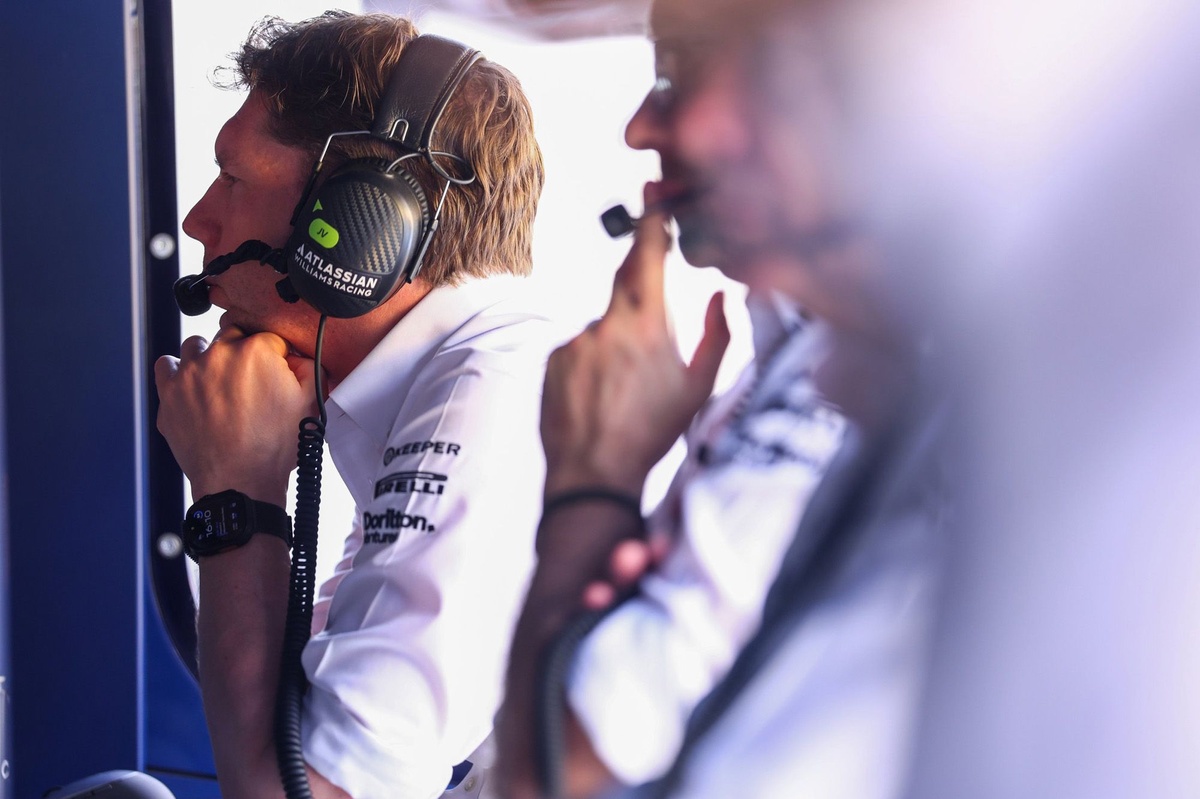
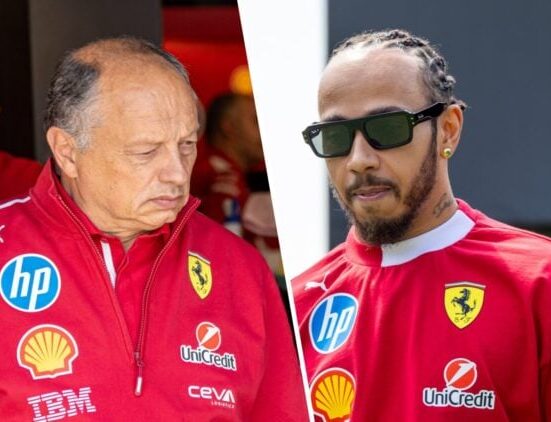
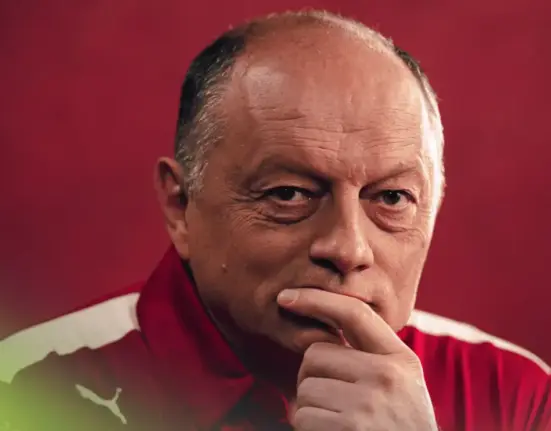

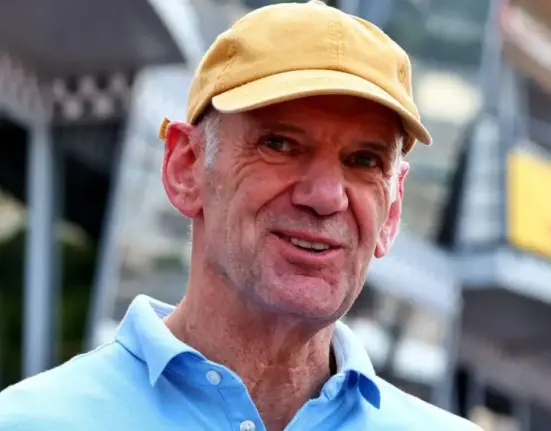
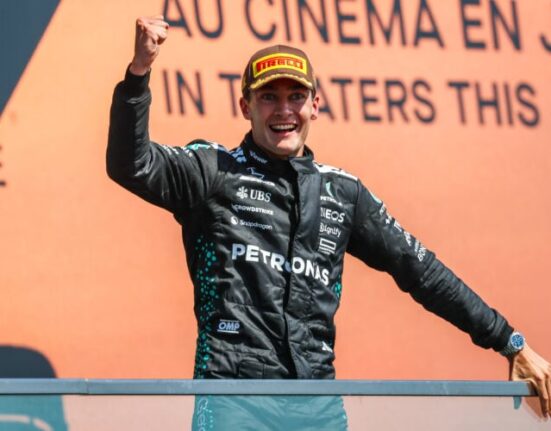

Leave feedback about this